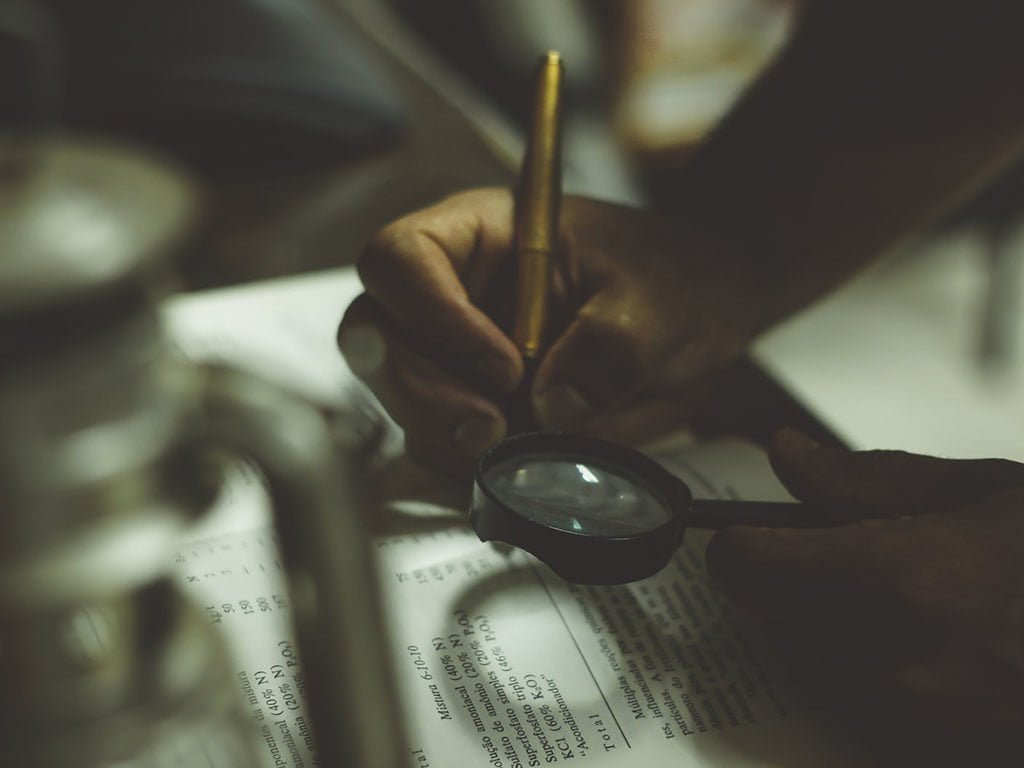The Police conduct investigations to find out what exactly happened in a crime and the truth behind an allegation and whether there is evidence of a criminal offence being committed – What happened? Where did it take place? Who was involved? Who was the victim? Who was the offender? Should any action be taken against the offender or anyone else?
When do Police investigations start?
- Investigations start when the Police receive information of a criminal offence, such as from a Police report filed at a Police station or a “999” call being made through the Police hotline.
- The Police may also start investigations when directed by a Magistrate after receiving and reviewing a formal complaint filed by an aggrieved party at the Crime Registry of the State Courts.
What kind of cases do the Police investigate?
- The Police are authorised to investigate a variety of offences under the law.
- Common offences investigated by the Police include those in the Penal Code, Arms Offences Act, Computer Misuse Act, Miscellaneous Offences (Public Order and Nuisance) Act, Betting Act and Common Gaming Houses Act.
What happens during Police investigations?
- The Police may conduct interviews with witnesses to obtain details of the incident and case.
- The information from the interviews may be recorded in Police statements.
How is a Police statement recorded and what does it contain?
- The statement contains information and details of the crime or incident.
- These include facts such as when and where it happened, the sequence of events, details of the suspects or offenders such as their identities, information on their whereabouts or contact numbers, and other facts which may be helpful and relevant to the case.
- If the witness does not speak or understand English, the interview will be conducted in a language that he understands.
- All statements will be recorded in English.
- After the statement has been recorded, the person interviewed needs to read through the statement to make sure that the contents are true and correct and make any corrections needed before he signs it.
- If the person does not speak or understand English, he should ask for the statement to be interpreted to him in the language of his choice so he can check that the contents are true and correct.
What happens if you refuse to sign the Police investigation interview statement?
If you refuse to sign his statement, you may be charged with an offence punishable with imprisonment for a term of up to 3 months or a fine of up to $500 or both.
What if you refuse to be interviewed?
If you fail to attend an interview as required by the Police, the Police can apply to the Magistrate to issue a warrant to secure your attendance for the interview.
Where do the Police record statements?
- The Police usually record statements in a Police building or office such as a Police station, Neighbourhood Police Centre (NPC) or Neighbourhood Police Post (NPP).
- The Police may also record statements at the scene of the crime or in some cases, at a place convenient to the person who is being interviewed such as his home or place of work.
What can an Investigating Officer do?
An Investigating Officer can:
- Order you to go to a Police station or other place for questioning and for recording a statement.
- Record what you have to say and ask you to sign it.
- Search a place and take away things to be used as evidence.
- Seize items which may be used as exhibits in the case.
If you would like to understand more about Criminal Law in Singapore how the issues discussed in this article may affect you, contact Singapore Criminal Defence Lawyer Jonathan Wong at jonathan.wong@tembusulaw.com or +65 8886 0278 today.
